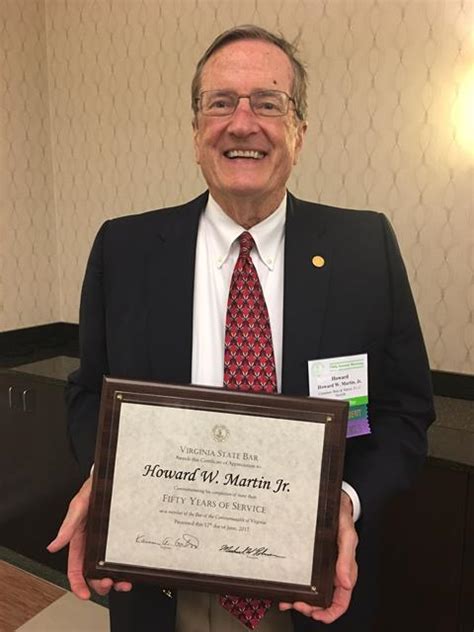A Quote by Eric Jensen
The systems they (the Arts) nourish, which include our integrated sensory, attentional, cognitive, emotional, and motor capacities, are, in fact, the driving forces behind all other learning.
Related Quotes
Of course our genes will make some capacities very much easier to learn than others, and of course our genes themselves are not learned. But the point remains that genes themselves are not cognitive capacities, and that anything worth calling a cognitive capacity will depend to some degree on learning and so not be innate.
In studying language we can discover many basic properties of this cognitive structure, its organization, and also the genetic predispositions that provide the foundation for its development. So in this respect, linguistics, first of all, tries to characterize a major feature of human cognitive organization. And second, I think it may provide a suggestive model for the study of other cognitive systems. And the collection of these systems is one aspect of human nature.
Of all the systems of the body - neurological, cognitive, special, sensory - the cardiological system is the most sensitive and easily disturbed. The role of society must be to shelter these systems from infection and decay, or else the future of the human race is at stake. Like a summer fruit that is protected from insect invasion, bruising, and rot by the whole mechanism of modern farming; so must we protect the heart.
When we consciously choose a core heart feeling over a negative feeling, we effectively intercept the physiological stress response that drains and damages our systems and allow the body's natural regenerative capacities to work for us. Instead of being taxed and depleted, our mental and emotional systems are renewed. As a consequence, they are better able to ward off future "energy eaters" like stress, anxiety and anger before they take hold.
Our design, not respecting arts, but philosophy, and our subject, not manual, but natural powers, we consider chiefly those things which relate to gravity, levity, elastic force, the resistance of fluids, and the like forces, whether attractive or impulsive; and therefore we offer this work as mathematical principles of philosophy; for all the difficulty of philosophy seems to consist in this from the phenomena of motions to investigate the forces of nature, and then from these forces to demonstrate the other phenomena.
The driving forces of the universe, the framework upon which it is built up in all its parts, belong to another phase of manifestation than our physical plane, having other dimensions than the three to which we are habituated, and perceived by other modes of consciousness than those to which we are accustomed.
The arts, instead of quaking along the periphery of our policy concerns, must push boldly into the core of policy. The arts are a response to our individuality and our nature and help to shape our identity. The arts are not a frill and should not be treated as such. They have the potential to become the driving force for healing division and divisiveness.































